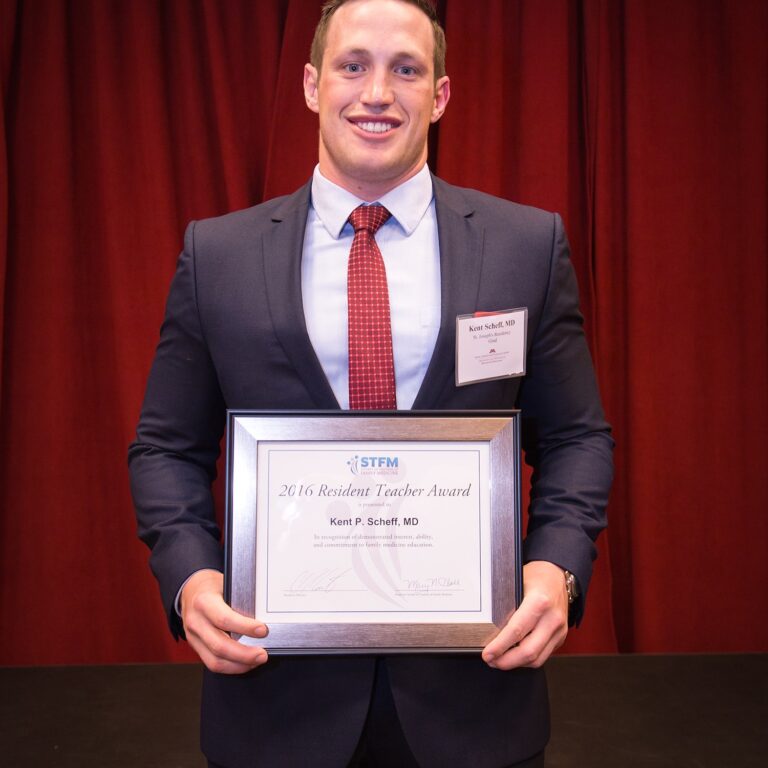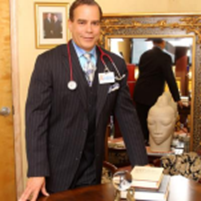Heart disease continues to be a leading cause of death worldwide, but many of its risk factors often go unnoticed until they cause significant harm. Dr Sudipta Mohanty, a leading expert in cardiovascular health, has developed a keen understanding of how to identify hidden risks to heart health before they become life-threatening. By utilizing advanced diagnostic techniques and a comprehensive approach to heart disease prevention, Dr. Mohanty helps individuals uncover underlying issues that might otherwise remain undetected. Here’s a look at how Dr. Mohanty identifies these hidden risks and why early detection is essential.
1. Hidden High Blood Pressure
Hypertension, or high blood pressure, is often referred to as the “silent killer” because it typically doesn’t show any symptoms until it has caused serious damage to the heart or blood vessels. Dr. Mohanty stresses the importance of regular blood pressure checks, especially for individuals over 40 or those with a family history of heart disease. Even slight elevations in blood pressure can have a long-term impact, leading to complications like heart attacks or strokes. By identifying high blood pressure early, Dr. Mohanty can work with patients to implement lifestyle changes, such as reducing salt intake, exercising more, and, when necessary, using medications to control blood pressure and protect heart health.
2. Elevated Cholesterol Levels
Cholesterol plays a critical role in cardiovascular health, but when levels of low-density lipoprotein (LDL) cholesterol rise too high, it can lead to the formation of plaque in the arteries, narrowing blood vessels and increasing the risk of heart attacks. Dr Sudipta Mohanty highlights the importance of regularly monitoring cholesterol levels, even in individuals who feel healthy. Many people with elevated cholesterol levels experience no symptoms, which is why routine blood tests are so vital. A diet low in saturated fats and trans fats, along with regular exercise, can help lower LDL cholesterol, but for some individuals, medications like statins may be required to keep levels in check.
3. Uncontrolled Blood Sugar Levels
Diabetes and insulin resistance are closely linked to heart disease, but high blood sugar levels often do not manifest as noticeable symptoms until significant damage has been done. Dr. Mohanty advocates for early screening of blood glucose levels, particularly for individuals with a family history of diabetes or those who are overweight. Elevated blood sugar can cause inflammation and damage blood vessels, which increases the risk of heart disease. For patients with prediabetes or diabetes, Dr. Mohanty recommends lifestyle changes such as a balanced diet, regular exercise, and, if necessary, medications to control blood sugar levels.
4. Stress and Emotional Health
While most people are aware of the physical risk factors for heart disease, Dr. Mohanty emphasizes the impact of emotional and mental health on heart health. Chronic stress, anxiety, and depression can contribute to high blood pressure, poor lifestyle choices, and inflammation—all of which elevate the risk of heart disease. Dr. Mohanty takes a holistic approach to heart health, encouraging patients to adopt stress-management techniques such as mindfulness, meditation, and yoga, as well as seeking professional support if mental health issues are present. Addressing emotional health is often a key step in reducing hidden heart risks.
5. Genetic Predisposition and Family History
Dr. Mohanty also takes a detailed family history to identify genetic predispositions to heart disease. Many heart health risks, such as high cholesterol, hypertension, and diabetes, can run in families. By understanding a patient’s genetic background, Dr. Mohanty can identify individuals at higher risk, even if they have no obvious symptoms. Early screening and preventative measures can be implemented to mitigate the effects of genetic factors and help individuals avoid or delay the onset of heart disease.
Conclusion
Dr Sudipta Mohanty approach to heart health is centered on identifying hidden risks early, long before they lead to serious cardiovascular problems. Through regular screenings for blood pressure, cholesterol, and blood sugar levels, as well as a comprehensive assessment of emotional health and genetic factors, Dr. Mohanty is able to uncover risk factors that might otherwise remain undetected. By identifying these risks early, Dr. Mohanty helps patients take proactive steps to maintain heart health, reduce the likelihood of heart disease, and live longer, healthier lives. Regular check-ups and a focus on prevention are key to ensuring the heart remains strong for years to come.




